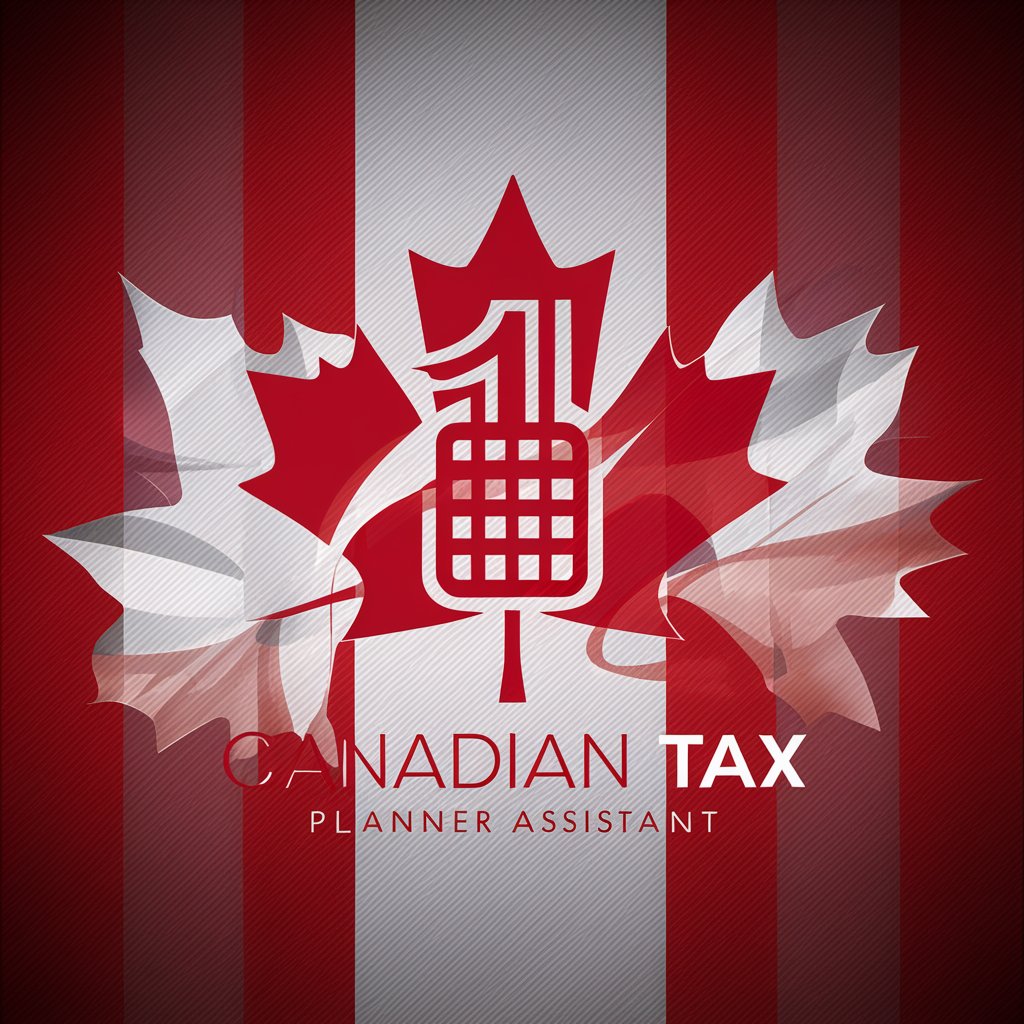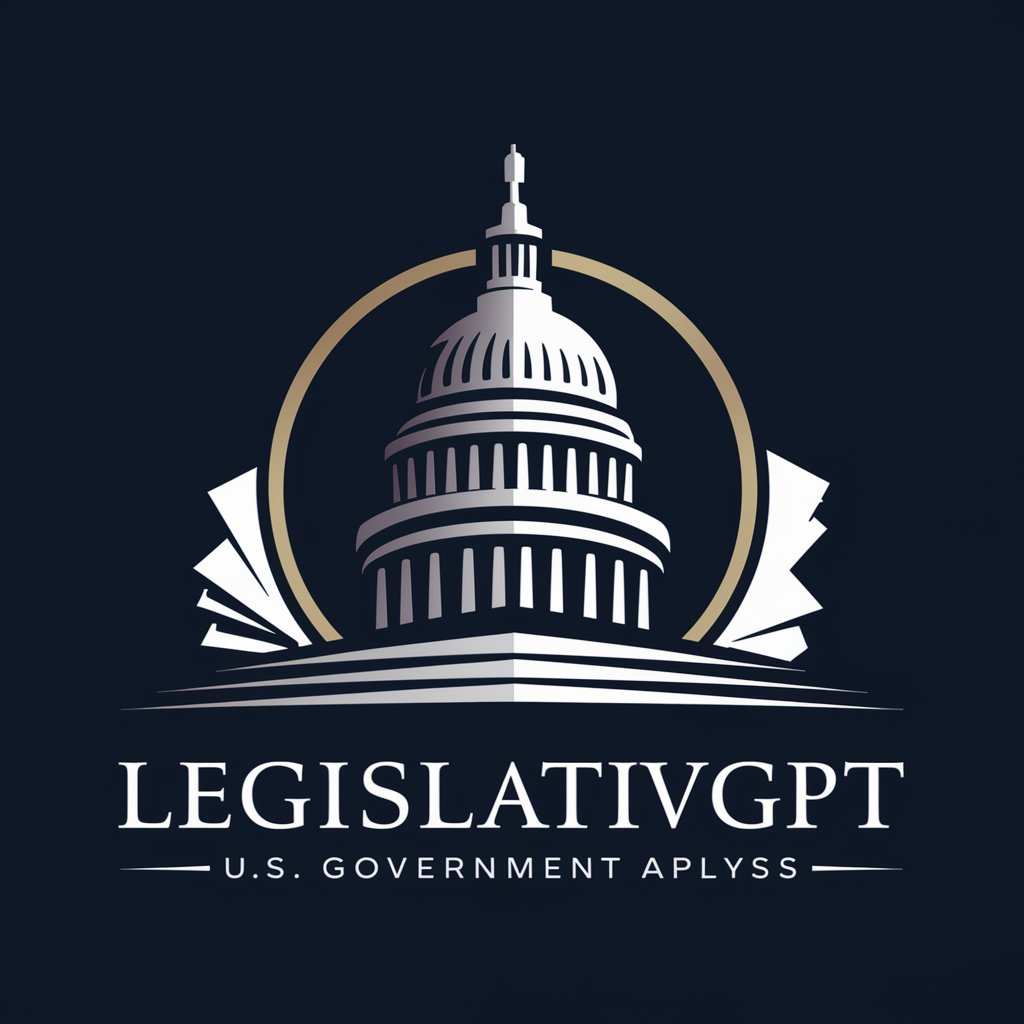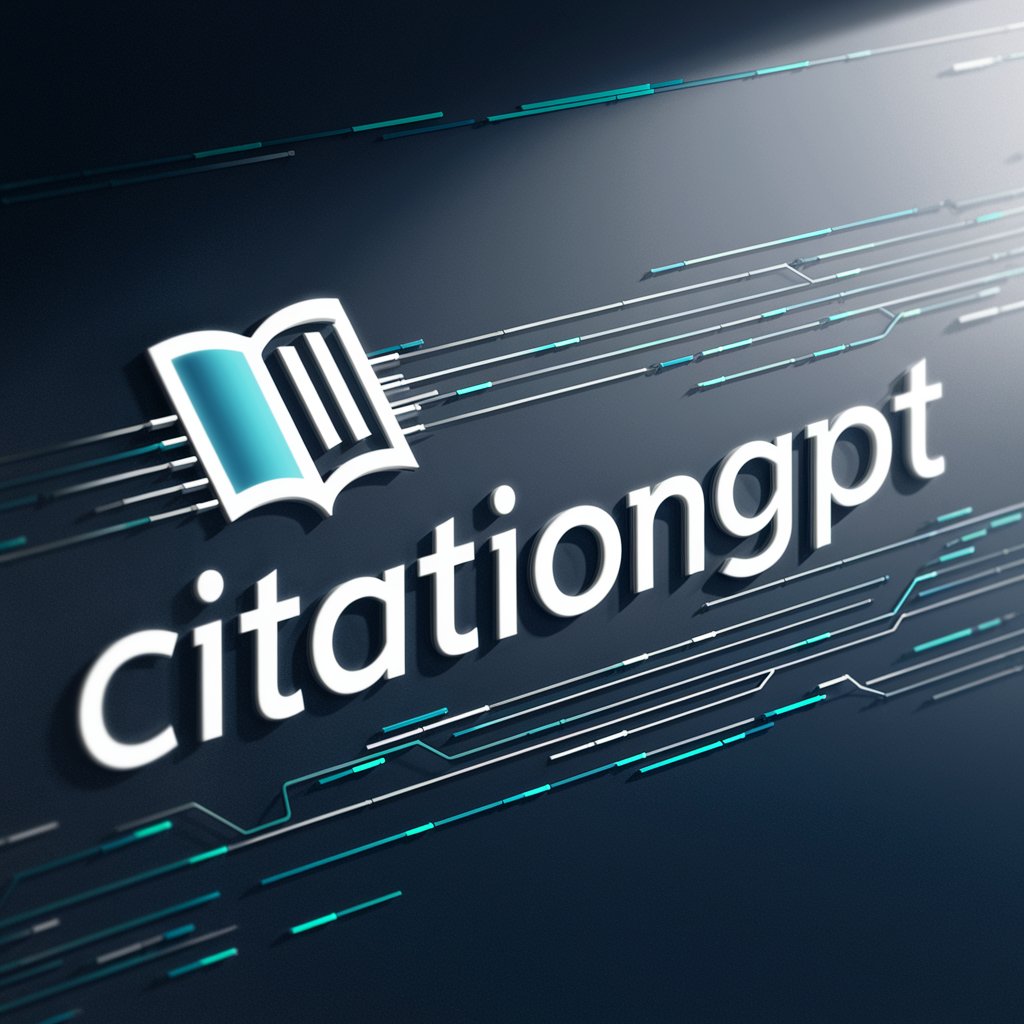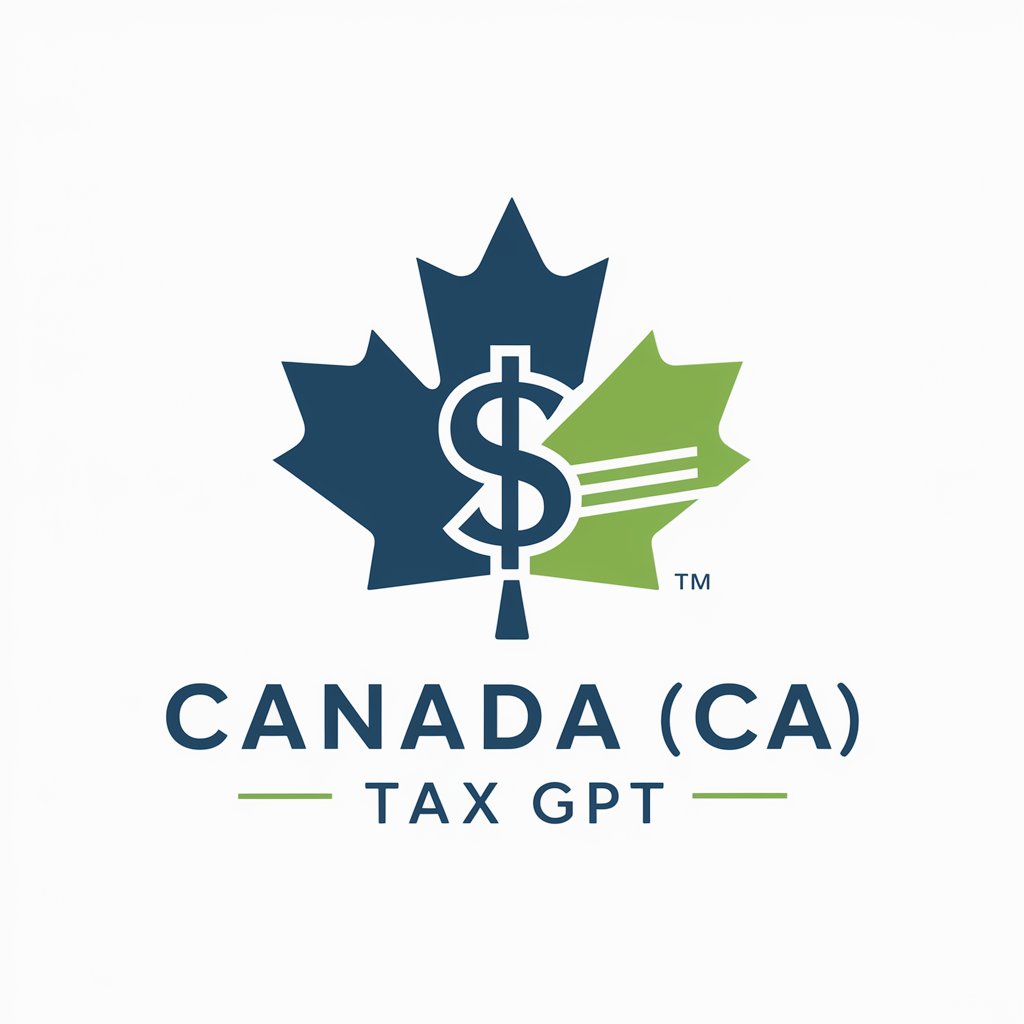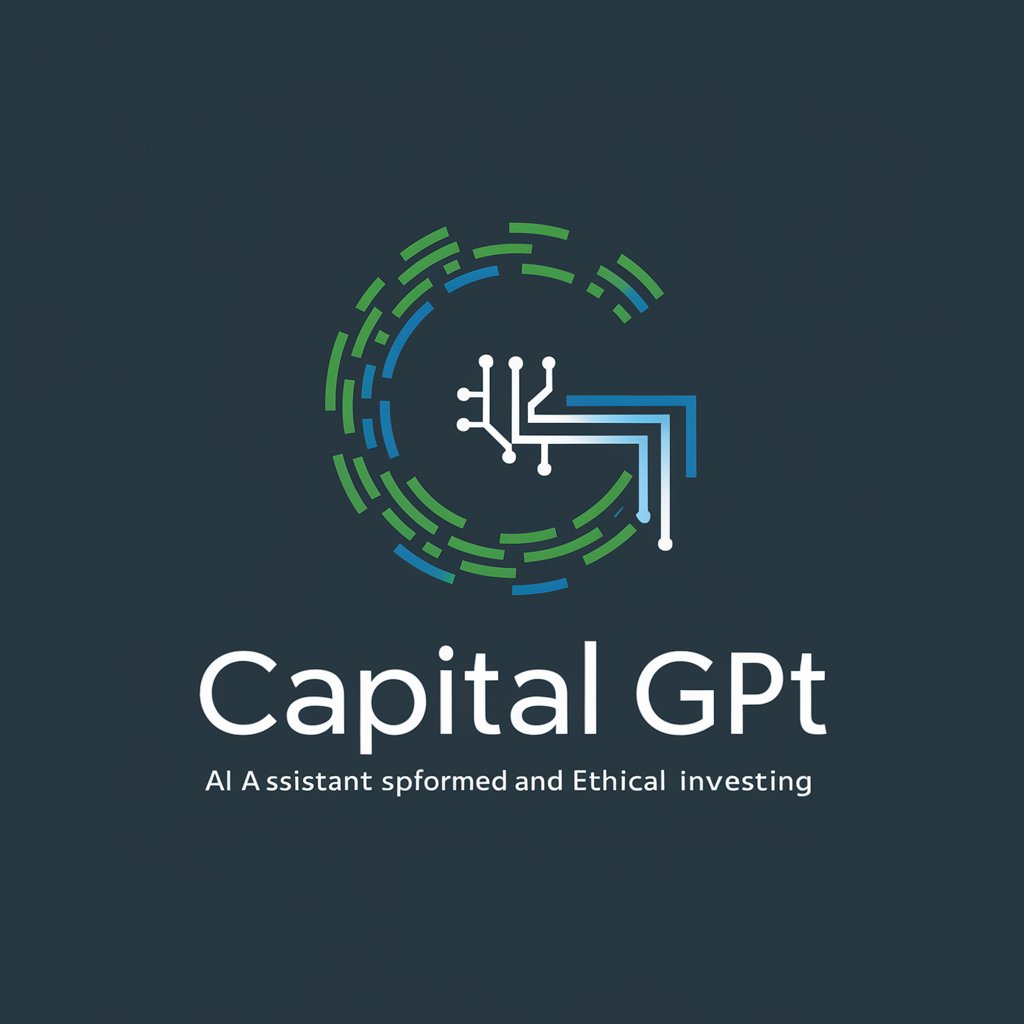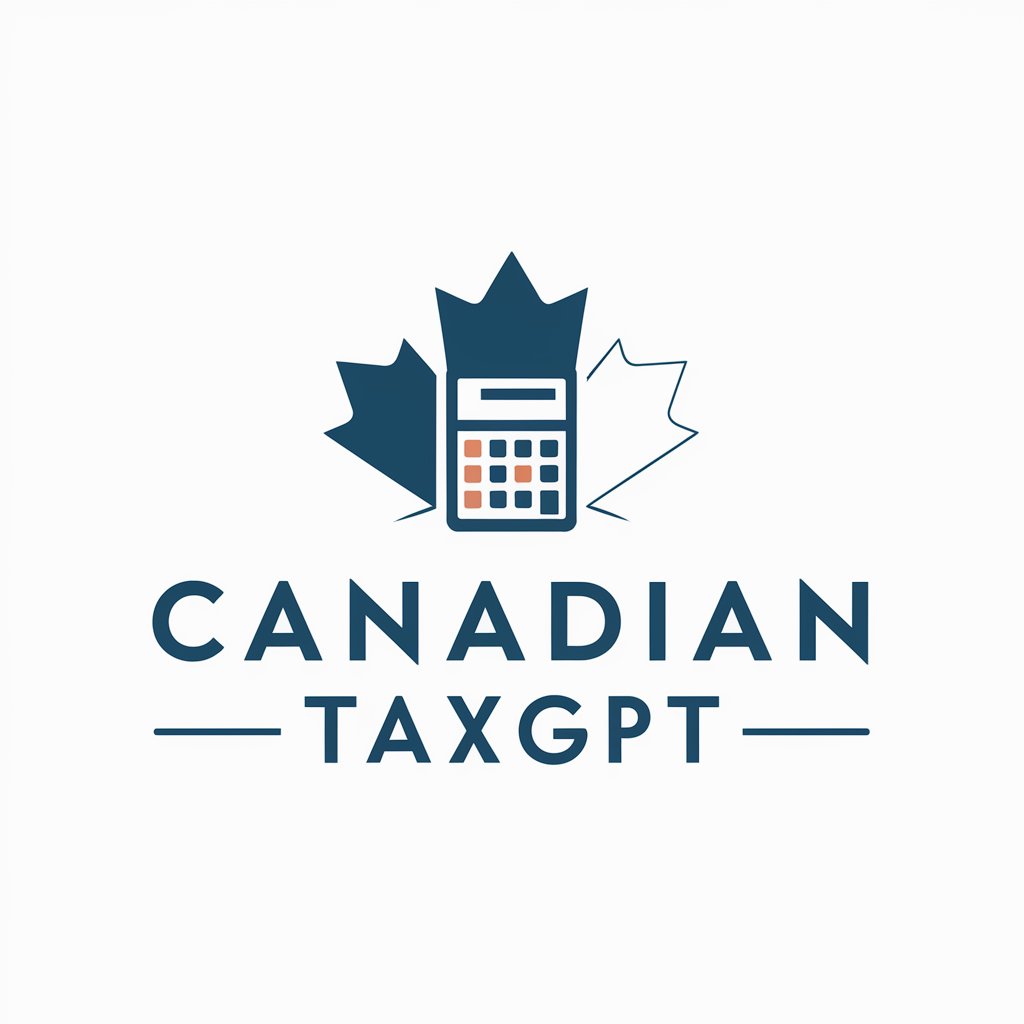
Parliament of Canada GPT - Canadian Legislation Info
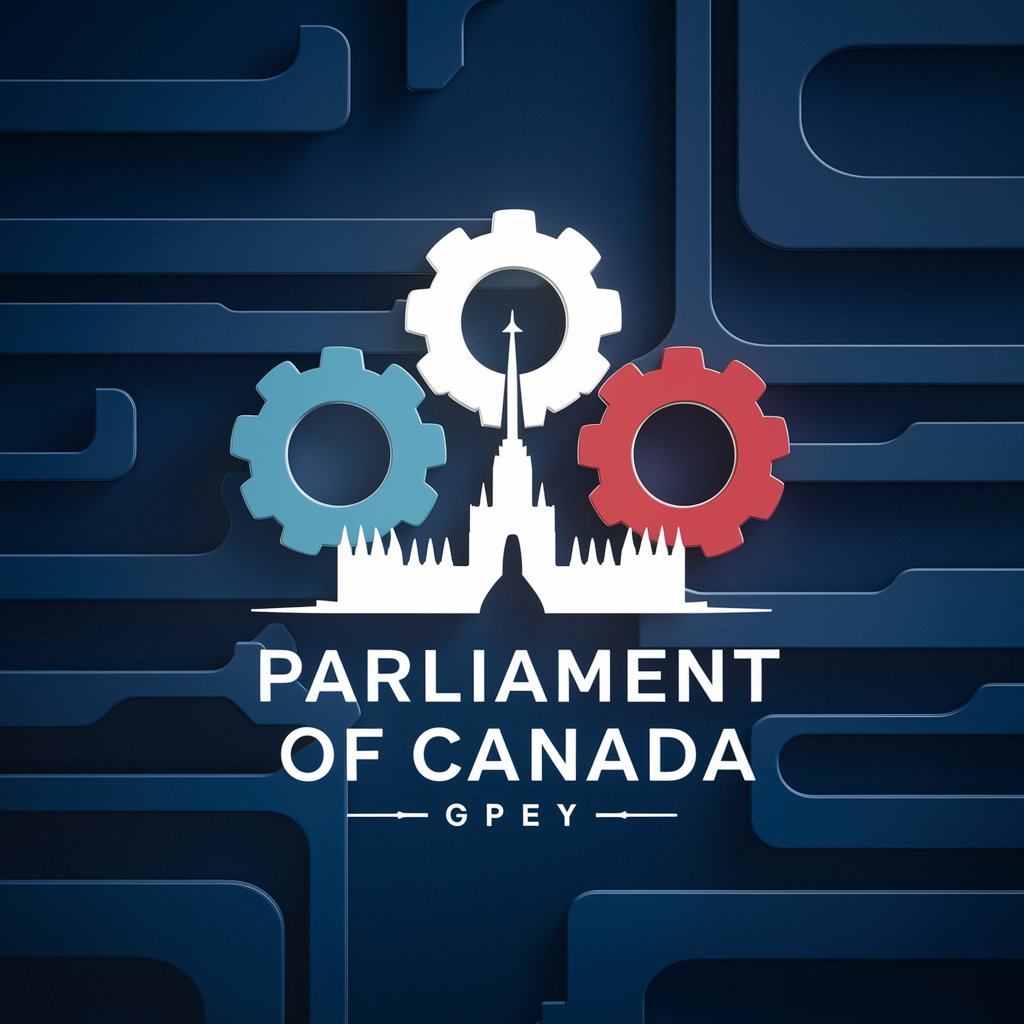
Hello! How can I assist with your Canadian legislative queries today?
Unraveling Canada's Parliament with AI
How does the Canadian legislative process work?
Can you provide details on recent Canadian bills?
Who represents the city of Toronto in the House of Commons?
What are the steps for a bill to become law in Canada?
Get Embed Code
Introduction to Parliament of Canada GPT
Parliament of Canada GPT is a specialized digital assistant designed to provide detailed and current information about the legislative processes, bills, and members of the Canadian Parliament. Its purpose is to enhance accessibility to legislative information, making it easier for users to understand and engage with the intricacies of Canadian governance. For example, if a user wants to know about the latest bill on climate change introduced in the House of Commons, Parliament of Canada GPT can provide comprehensive details about the bill, including its status, summary, sponsor, and next stages in the legislative process. This functionality demonstrates the GPT's ability to bridge the gap between the public and the often complex legislative information, facilitating a more informed and engaged citizenry. Powered by ChatGPT-4o。

Main Functions of Parliament of Canada GPT
Detailed Bill Information
Example
Retrieving and providing detailed information on specific bills, including their stages, amendments, sponsors, and legislative summaries.
Scenario
A political science student researching the progression of a bill on Indigenous rights can use Parliament of Canada GPT to get an in-depth view of the bill's journey through Parliament, including committee reviews and debates.
Member Information Retrieval
Example
Offering detailed profiles of members of the House of Commons, including their roles, political affiliation, constituency information, and contact details.
Scenario
A journalist writing an article on the impact of recent elections on committee compositions can use Parliament of Canada GPT to identify new members of key committees, their political background, and stance on critical issues.
Legislative Process Explanation
Example
Explaining the steps involved in the Canadian legislative process, from bill introduction to royal assent, including specific procedural nuances.
Scenario
A high school teacher preparing a civics lesson on how Canadian laws are made can utilize Parliament of Canada GPT to gather accurate, detailed explanations of each legislative step to create engaging and informative lesson plans.
Ideal Users of Parliament of Canada GPT Services
Students and Educators
This group benefits from using Parliament of Canada GPT by accessing a comprehensive source for research and teaching materials related to Canadian governance, legislative processes, and current political issues.
Journalists and Researchers
Journalists and researchers can leverage the GPT to obtain detailed information on legislative activities, parliament members, and bills for accurate reporting and in-depth political analysis.
Civic Activists and NGOs
Activists and non-governmental organizations focused on Canadian policy advocacy can use the GPT to track legislative changes, understand policy impacts, and mobilize support or opposition based on informed positions.

How to Use Parliament of Canada GPT
1
Start with a visit to yeschat.ai for a hassle-free trial, requiring no login or subscription to ChatGPT Plus.
2
Choose 'Parliament of Canada GPT' from the available tools list to access detailed legislative information.
3
Formulate your query related to Canadian legislation, such as details on specific bills, parliamentary members, or the legislative process.
4
Submit your question directly in the provided text box and wait for a comprehensive response, leveraging our database and real-time information.
5
For optimal experience, be specific in your queries, and utilize the provided links for deep dives into bills or member profiles.
Try other advanced and practical GPTs
Meow GPT
Explore the world through a cat's eyes.

Pixel Art Generator
Transforming Ideas into Pixel Perfection

Video Muse
Craft Your Story, Visually Unleashed

Tax Haven Maven
AI-Powered Tax Law Expertise
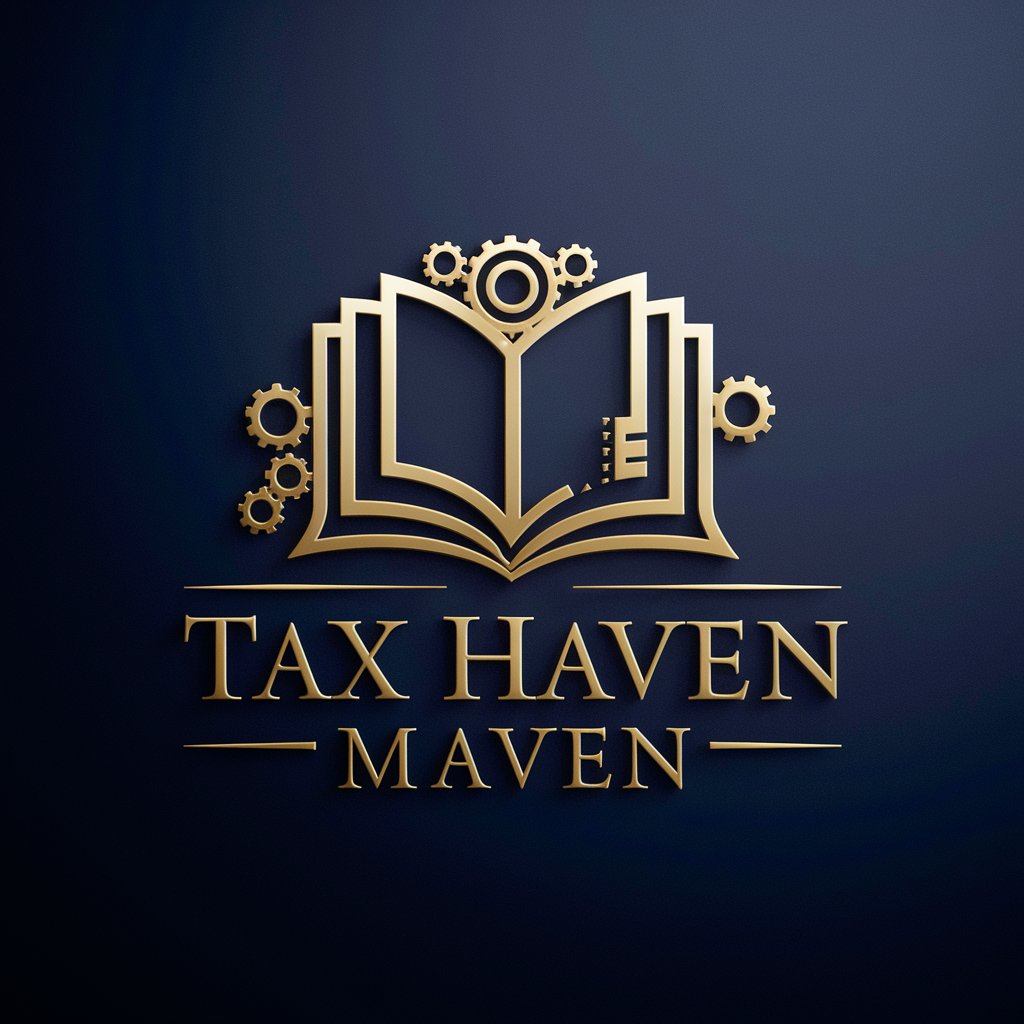
Medi Research Assistant
Empowering Research with AI-Powered Insights

Korean Food Chef : "Mr. Lee"
Your AI-Powered Korean Culinary Guide

Web Planner Pro by Mojju
Empowering Web Development with AI Insight

Jolly Jester
Turning Text into Laughter with AI

Markdown Maestro
Transform Text with AI-Powered Markdown Precision

Birthday GPT
Craft the Perfect Birthday Wish with AI
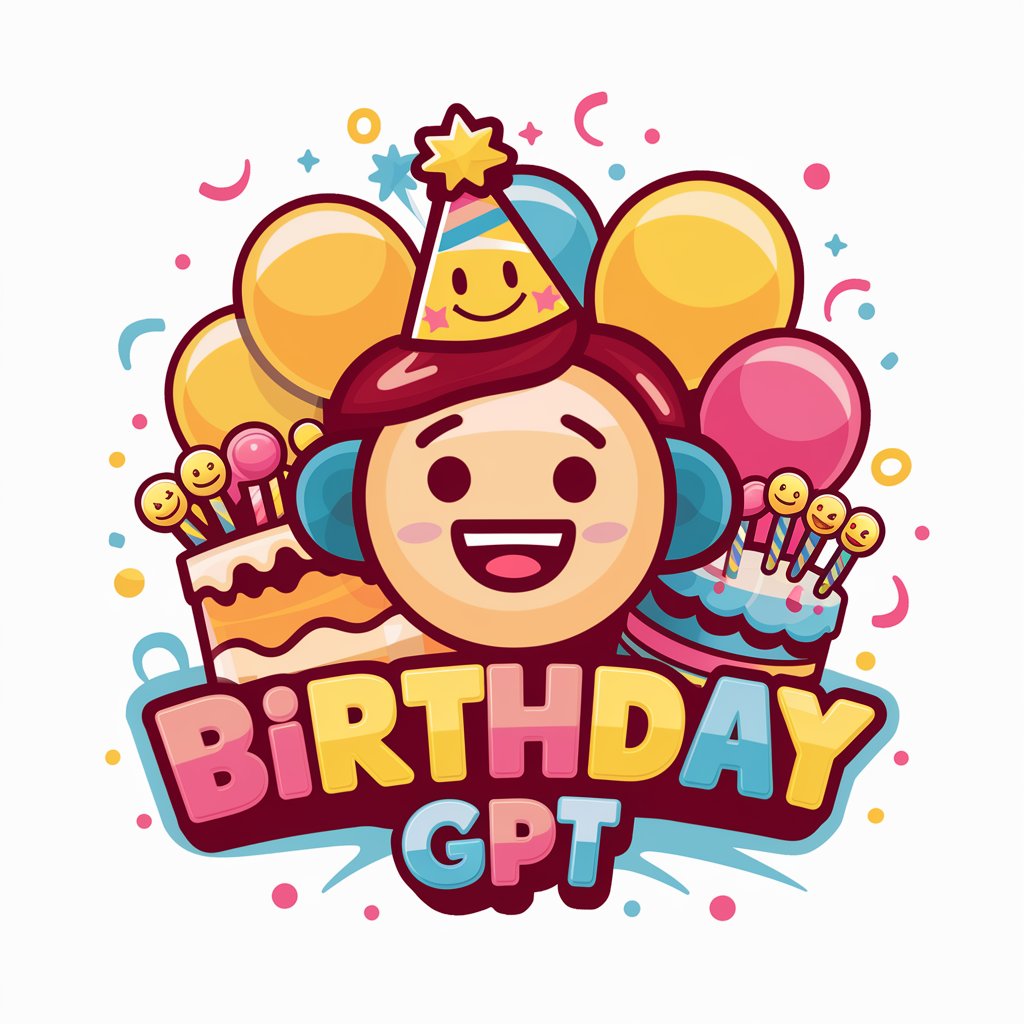
Proconsul
Empowering Decisions with AI Intelligence

Prompt Helper - Prompt Combo
Elevating AI Interaction with Precision
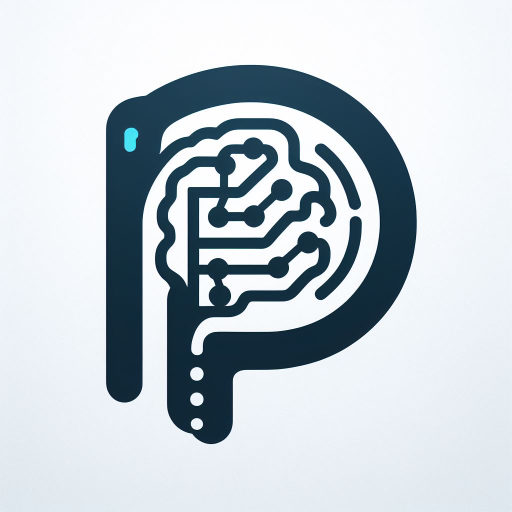
Parliament of Canada GPT FAQs
What is Parliament of Canada GPT?
Parliament of Canada GPT is an AI-powered tool designed to provide up-to-date, detailed information on Canadian legislation, parliamentary members, and the legislative process.
How can I find information about a specific bill?
Simply input the bill's name or number in the query box. The tool retrieves the bill's details, including its status, summaries, and any relevant links for further reading.
Can I get details on Members of the House of Commons?
Yes, by entering a member's name or constituency, you can access their profile, including party affiliation, roles, and contact information.
Is it possible to learn about the legislative process in Canada?
Absolutely. You can request explanations or summaries of the legislative process, stages of bill progression, and the roles of the Senate and House of Commons.
What are the benefits of using Parliament of Canada GPT?
It offers immediate access to comprehensive legislative information, saves time on research, and supports education, journalism, and legal analysis with accurate, current data.
